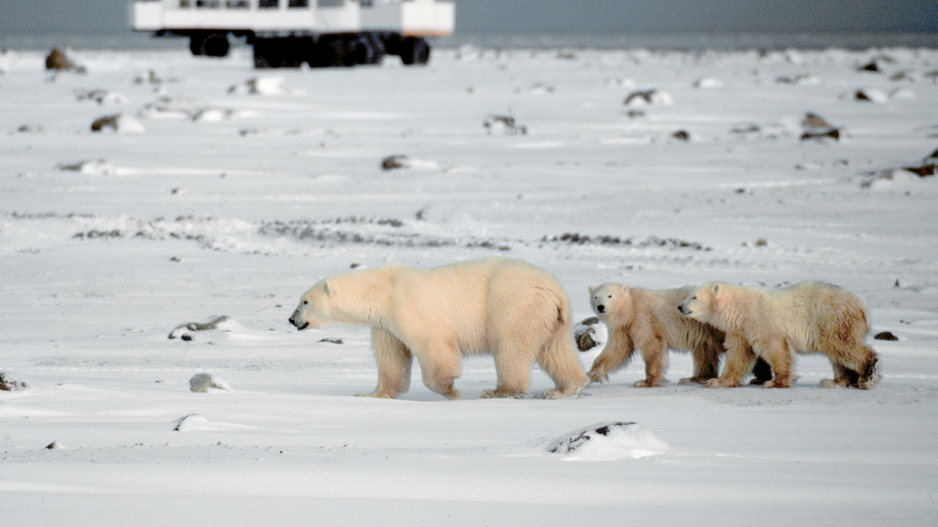If your business depends on snow or polar bears, how are you going to survive as temperatures rise in the future?
One professional association is arguing it might help to have a CFO versed in climate change adaptation strategies.
“What accountants are bringing to the table is performance management, reporting, risk management and audit skills,” said Todd Scaletta, director of research at Chartered Professional Accountants Canada (CPA Canada). “They’re going to be using their competencies and skills to complement those of others.”
Associations representing professions like engineering, geology, insurance, planning and forestry are all urging their members to get up to speed on their role in preparing for climate change.
Becoming knowledgeable won’t just help companies weather a changing climate – it could prevent professionals from being sued, said Tony Chong, chief regulatory officer at the Association of Professional Engineers and Geoscientists of BC (APEGBC).
For instance, if an engineer fails to use updated models when designing a municipal sewer system, he or she could be liable if that system fails in a flood. In many regions of Canada, catastrophic events like floods are breaking the traditional once-in-100-years pattern and becoming much more common.
“If you’re going to be designing seawalls, how do you account for [projected sea level rise]?” Chong said. “If nothing else, as part of your presentation to your clients, you should raise those issues, and that’s the kind of thing we expect our people to do. It’s not good enough to say, ‘I’ve been asked to design a wall this height.’”
CPA Canada is working on a project, partially funded by Natural Resources Canada, to help businesses and organizations learn more about adapting to climate change. Engineers Canada and the Insurance Bureau of Canada have also received funding for similar projects.
Accountants can play a key role as companies explore other “revenue-generating opportunities,” Scaletta said, using the example of a tourism business in Churchill, Manitoba, called Frontiers North Adventures that was dependent on polar bear tours.
“They’ve been impacted by the changing climate, whether that’s by the ice forming a little bit later than normal and breaking up a little bit earlier, and that has a direct impact on their business,” he said. “This company was built on polar bear tours, and so they did some analysis and scenario planning and cost-benefit analysis and they did some different alternatives to extend their operations into summer activities.”
Whistler Blackcomb (TSX:WB) is also an example of a company that has had to plan carefully as snowfall patterns have changed, Scaletta said.
In an interview with Business in Vancouver this March, Whistler Blackcomb CEO Dave Brownlie said the company is concentrating on the high alpine for future ski terrain development and has worked hard to develop its “non-ski business” (like mountain biking) throughout the year. Grouse Mountain, a ski hill just north of Vancouver, has a similar strategy.
CPA Canada will hold a panel session on the topic June 19; for the first time, APEGBC will offer a dedicated stream of sessions devoted to the topic at its annual general meeting this fall. APEGBC is also putting together a new set of practice guidelines for its members.
Mark Porter, an engineer with Associated Engineering in Burnaby, believes more needs to be done to educate engineers about their responsibilities.
“Do we understand all of this as a general community? I don’t know that we do,” said Porter, who is also the chair of APEGBC’s climate change committee.
“What’s there is a lot of information about the predictions and science of climate change. What’s not there is a huge wealth of knowledge about what does that science mean for us as applied scientists.”
@jenstden




